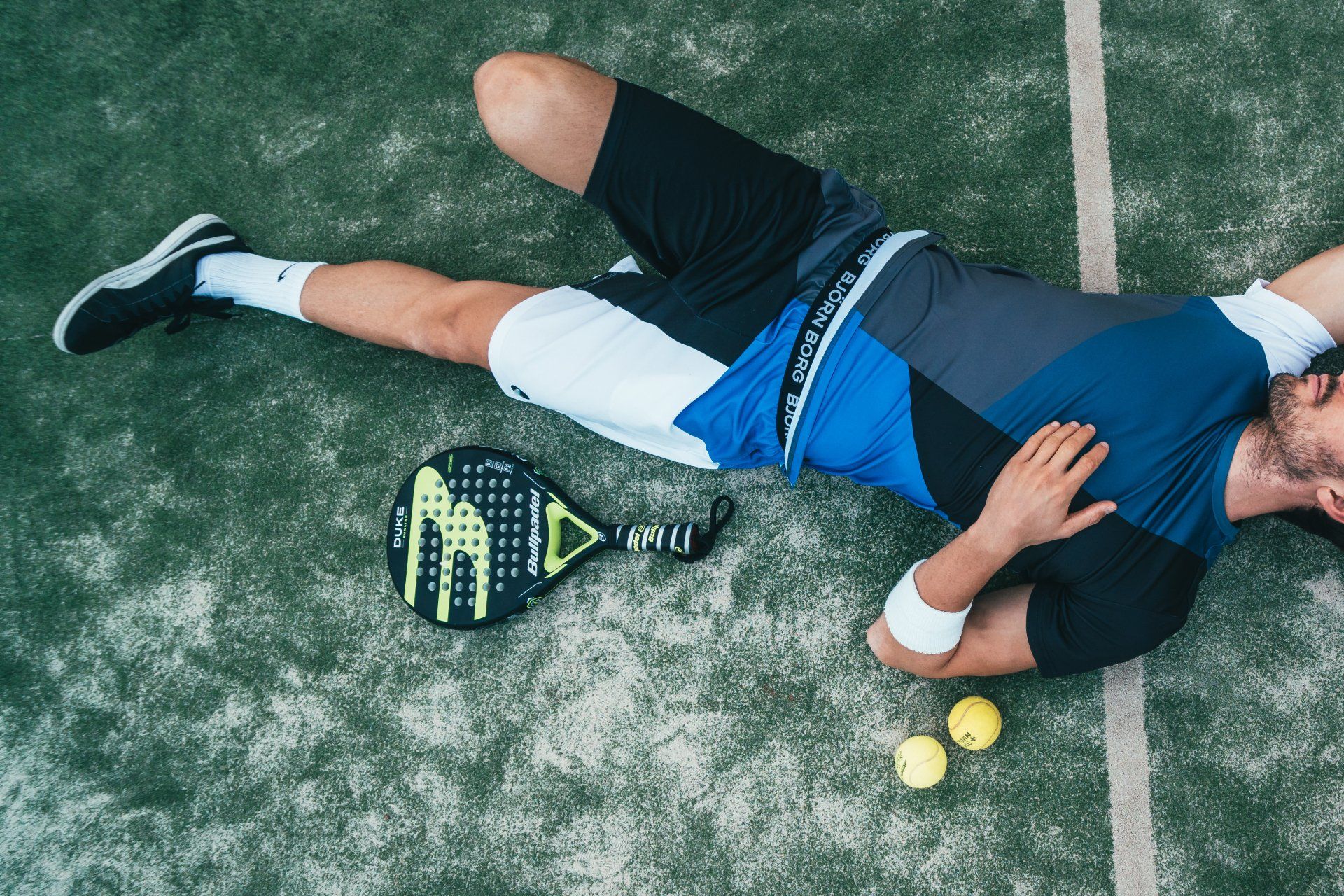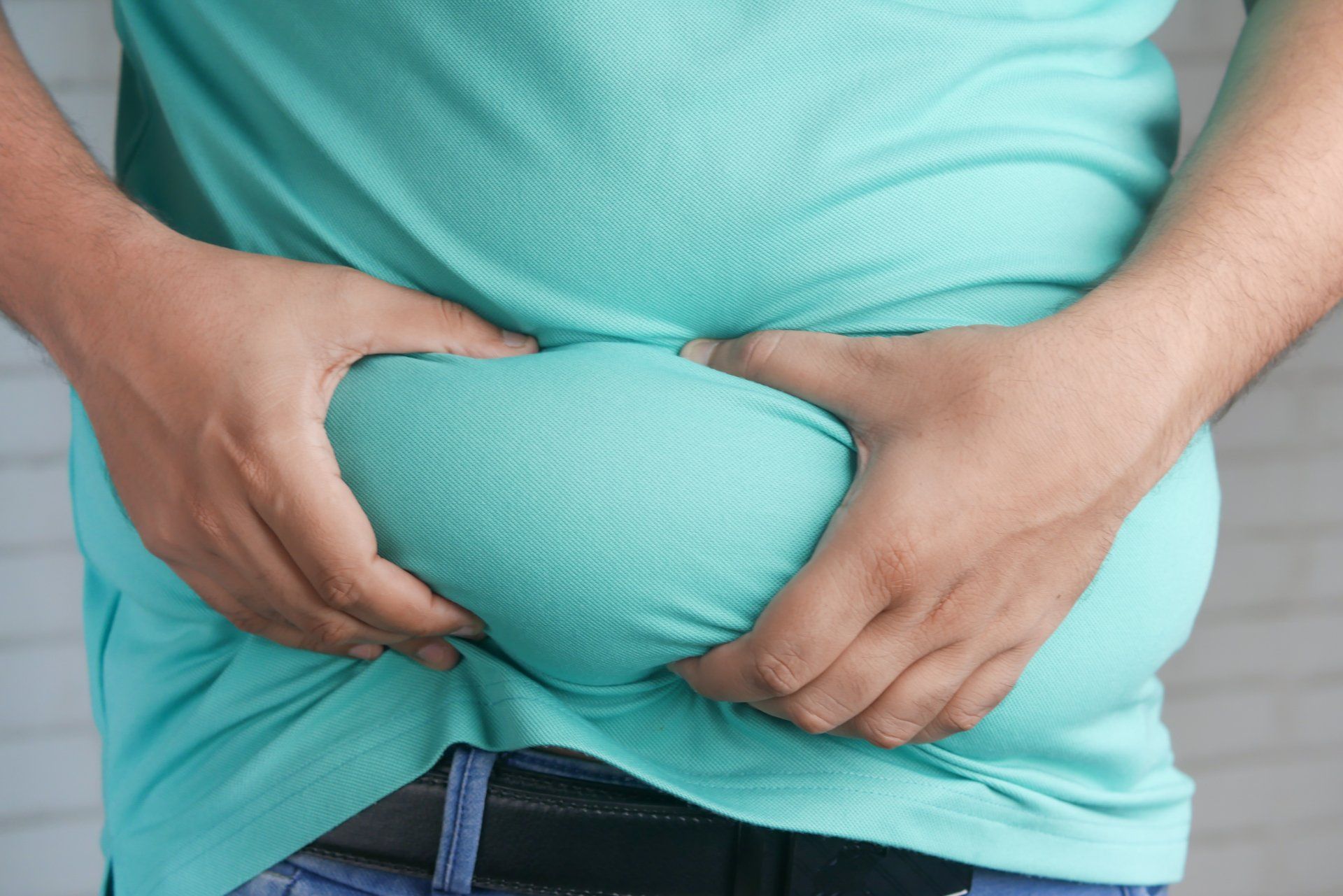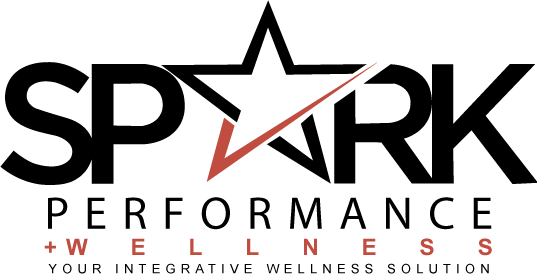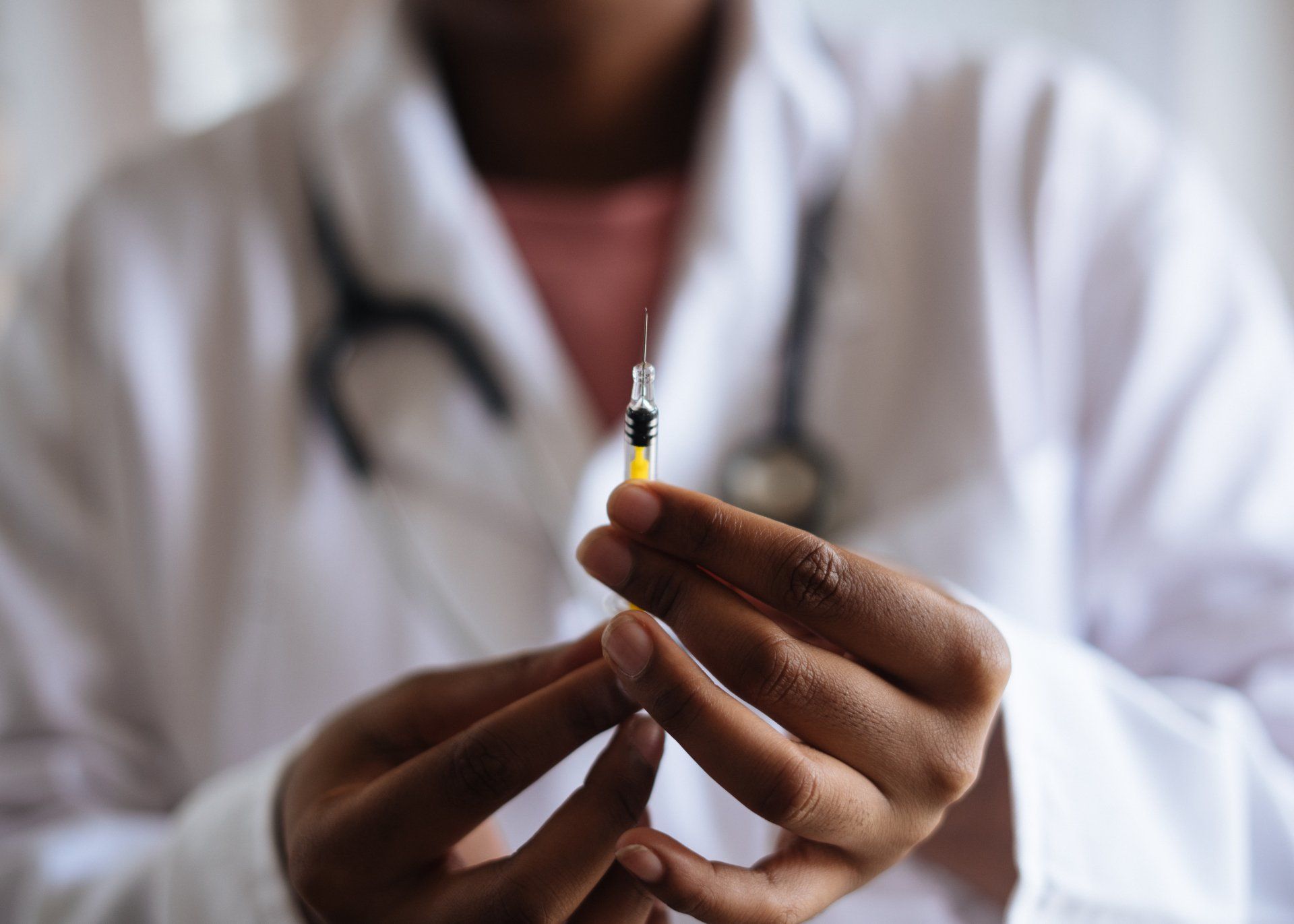7 Tips to Prevent Injuries
Whether you're an athlete or an active individual participating in various forms of exercise, taking steps to prevent and reduce your risk of injuries is crucial to ensure you always perform your best. Most importantly however, is understanding that the body is dynamic. We are constantly moving and constantly asking our muscles to work. Even while we are sleep, our muscles are working. When we are physically active, we are putting even more strain on the body. Taking care of our bodies is like keeping our cars well maintained. It is important to do certain things just for upkeep, before problems arise.

Routine chiropractic adjustments
Routine evaluations that evaluate function with subsequent chiropractic adjustments are a critical component to helping prevent injuries. All joints have the ability to move either correctly or incorrectly. They work hand in hand with muscles so if one is not moving properly, it will affect the other. More often than not, you won't know they aren't moving correctly unless they are routinely assessed by a trained professional. We recommend a maintenance plan for all athletes and active individuals to be PROactive and prevent injuries and pain.
Use proper technique
Whether we are playing a sport, training on our own or working with our favorite coach/trainer, proper form and technique will help decrease the risk of injuries. A good key is to pay attention to how your body is moving as you start to fatigue (e.g. has your form changed because you are tired?)
Dynamic stretching
Cold muscles are more prone to injury. Dynamic stretching is a great way to getting your body ready for a workout or competition. A few dynamic stretches include arm circles, knee hugs, ankle hugs, (world's greatest stretch).
Adequate hydration
Because many people focus on post-hydration, drinking water typically falls to the wayside as we are training and we often don’t think about the importance of pre-hydration. Ensuring adequate hydration before, during and after physical activity is necessary to make sure your muscles don't spasm due to under-hydration. Even more, is the importance of replenishing the electrolytes that are lost during sweating. Coconut water is a great alternative to traditional sports drinks, as it is low in sugar but contains electrolytes that we need.
Taking time to rest
Overuse injuries are a real thing. We often think doing more is the best way to get the best output from the machine (our bodies), however, pushing your body to the limit and not allowing proper time to recover can ultimately get us sent to the sideline or training room.
Ensure proper healing of previous injury
Check with your doctor to make sure you are fully recovered or to see if you need modified activity/play
Good nutrition
Food is information that we provide our cells with. It speaks to our genes, it enhances our immune function, it is important for tissue repair (like rebuilding muscle). To get the best output, focus on putting premium foods into your body such as, lean meats, beans/legumes, fresh fruits and vegetables. Avoid junk/fast foods and overly processed foods. If you put in junk, you get out junk and you feel like junk.


